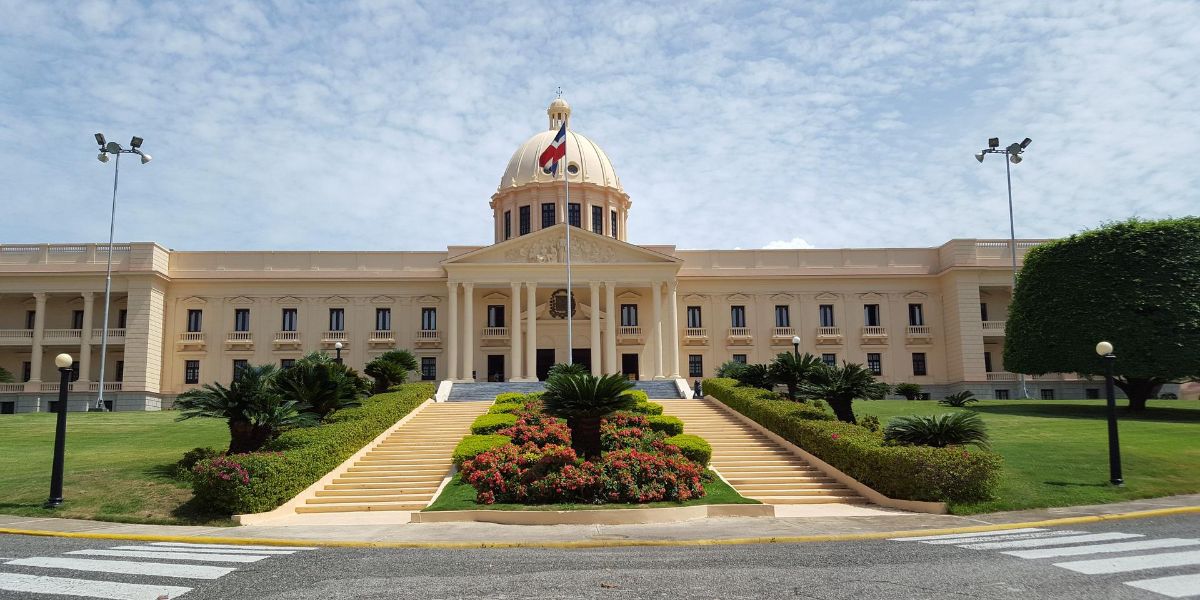A report issued by the World Bank on 17 January 2018 entitled Gearing up for a More Efficient Tax System in the Dominican Republic presents proposals for raising the level of tax collection. The report notes that tax is lost to a greater extent than other countries in the region through fiscal evasion, fraud and poor management of the country’s Transfer of Industrialized Goods and Services Tax (ITBIS).
Economic growth in the Dominican Republic is strong compared to many neighbouring countries but the tax to GDP ratio averaged only 13.4% in the ten years to 2014, below the regional average of 14.3%. The revenue to GDP ratio was 14.6%, well below the regional average of 16.6%.
The largest tax expense arises from the exemptions granted from the ITBIS. The Dominican Republic also offers fuel subsidies, real estate deductions and corporate tax incentives. The impact of these tax expenses on the economy has not been fully assessed. The World Bank report notes that more efforts are required to improve the efficiency of the tax system and increase revenue.
The report urges the Dominican Republic to continue improving management and reducing fraud by using information technology to strengthen tax administration. It recommends improving the information exchange between the General Directorate for Internal Revenue and the General Directorate for Customs; identifying goods and services that are exempt from ITBIS in Special Economic Zones (ZEEs); reviewing low-revenue taxes; and more closely aligning tax to environmental and health objectives.
The report also suggests that fiscal incentives for companies and ITBIS exemptions should be reduced by applying cost benefit analysis, including sunset clauses in the legislation and better targeting of the exemptions. Also the tax base could be extended by reducing the size of the informal sector in the labour market. Identification of the correct policies will be facilitated if more data is gathered.













